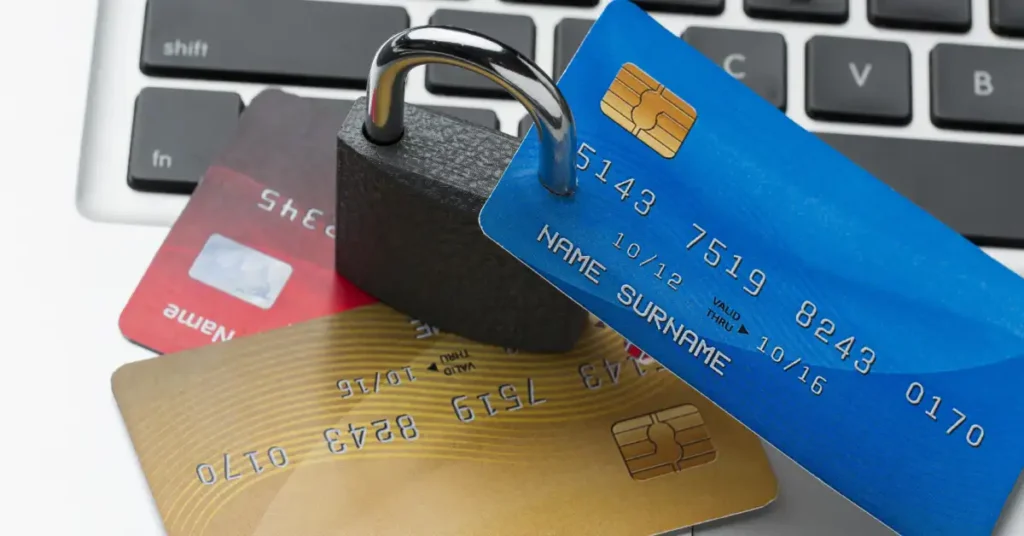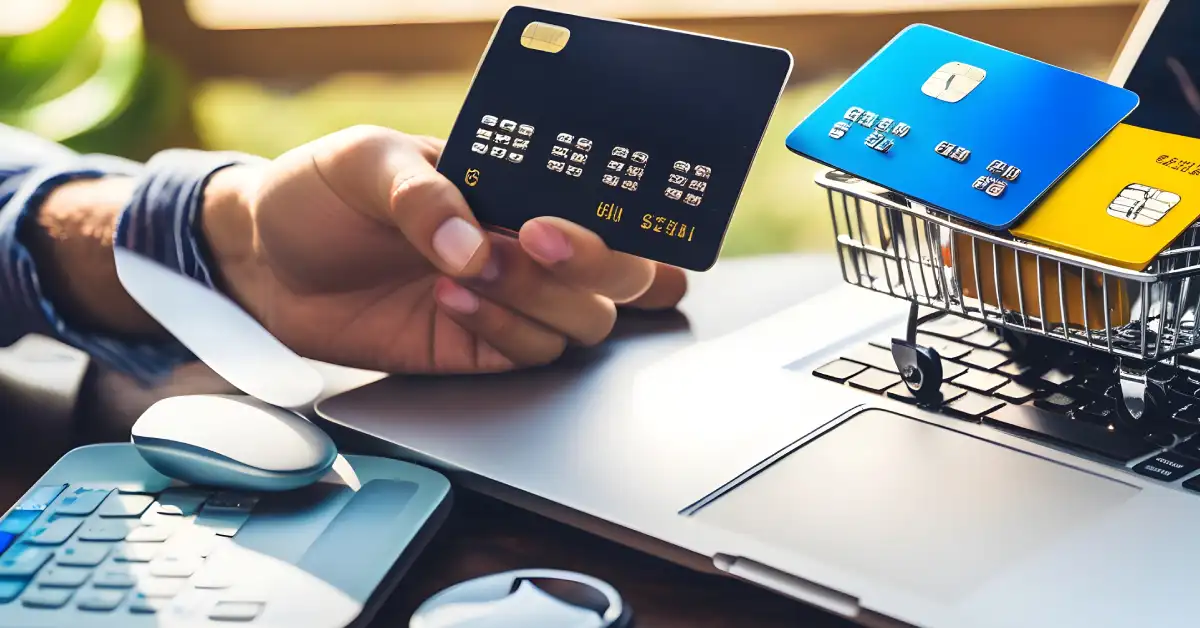Table of Contents
- What is a Credit Card Hack?
- Protecting Your Physical Credit Card from Cyber Attack:
- Protecting Your Online Credit Card Information:
- Recent Data and Trends related to Cyber Theft:
- Frequently Asked Questions(FAQs):
- How can I protect my credit card from being hacked?
- Can a hacker steal my credit card information without a CVV?
- Can I get my money back if my credit card is hacked?
- What if I find a skimming device on an ATM?
- Is using a debit card safer than a credit card?
- How long does it take to resolve a credit card hack?
- What are the long-term consequences of credit card hacking?
In this day and age, protecting your financial security from credit card thefts is essential due to the ongoing development of criminal strategies. It is essential to comprehend these techniques and implement strong preventative steps in order to preserve your financial stability.
Read other Valuable Articles
Apple iPhone 16 Features: Unveiling Leaks and Rumors | Apple iPhone 16 Release date
What is a Credit Card Hack?
When someone steals your credit card information and uses it for fraudulent transactions or identity theft, it’s known as a credit card hack. There are numerous material and electronic forms that this threat can take.
Conventional Credit Card Hacking Techniques:
- Physical Theft: Losing your wallet or enduring card theft exposes your information to risk.
- Phishing Scams: Deceptive emails, texts, or calls assume the guise of legitimate entities to coerce you into disclosing your card details.
- Data Breaches: Cybercriminals infiltrate company databases housing your card information, laying it bare for exploitation.
- Card Skimming: Devices affixed to ATMs or card readers clandestinely seize your card details during transactions.
- Public Wi-Fi Vulnerabilities: Employing unsecured networks for online transactions jeopardizes your data’s safety.
- Malware Mischief: Malicious software installed on your device can surreptitiously harvest your card information during online payments.
Protecting Your Physical Credit Card from Cyber Attack:

- Safeguard your card: Store it securely and eschew unnecessary carrying to Protecting Your Credit Card from Cyber Attack.
- Be cautious when sharing information: Refrain from sharing card details with anyone lacking unequivocal trust.
- Consider Chip-Embedded Cards: Chip technology trumps traditional magnetic stripes in terms of security.
- Promptly Report Loss or Theft: Notify your bank at the earliest inkling of compromise.
Protecting Your Online Credit Card Information:
- Shop only on trusted websites: Seek the https:// prefix and padlock symbol in the address bar.
- Avoid using public Wi-Fi for transactions: Opt for secure networks when inputting sensitive information online.
- Enable strong passwords and two-factor authentication: Deploy intricate passwords and activate extra verification layers for heightened security.
- Monitor your account regularly: Routinely inspect statements for suspicious activity, promptly reporting any anomalies.
- Consider using a credit card with fraud protection: Many cards extend features like zero-liability protection and purchase alerts.
Steps to Take if Your Credit Card is Hacked or Card Breach issue:
- Contact your bank Immediately: Notify them of suspected fraudulent activities immediately.
- Request a new card and cancel your current one: It is critical to stop further unlawful use.
- Inform the authorities about the incident: Create a police report as evidence of the offense. * Monitor your credit report: Watch for any signs of identity theft and take the appropriate action to resolve any worries.
Recent Data and Trends related to Cyber Theft:
- In 2022, identity theft affected approximately 14.4 million adult Americans, resulting in $52.9 billion in losses, according to Javelin Strategy & Research.
- The Identity Theft Resource Center reports that over 1,800 data breaches were recorded in the first half of 2023, indicating that they continue to constitute a serious concern.
- Even if chip technology has reduced the number of skimming instances, new risks like as malware and social engineering frauds continue to exist.
By staying abreast of evolving threats and implementing robust security measures, you may safeguard your credit card information and stop financial losses due to fraudulent activity. The foundation of self-defense in today’s dynamic digital environment is vigilance.
Even if the statistics and best practices shown here are based on publicly available information, it’s still advisable to speak with a financial advisor or other appropriate authorities for specific advice and the most recent information on credit card security measures.
Frequently Asked Questions(FAQs):
How can I protect my credit card from being hacked?
Adhering to the suggested measures, such as safeguarding your physical card, exercising caution online, and routinely monitoring your accounts, substantially diminishes the risk of falling prey to credit card hacks.
Can a hacker steal my credit card information without a CVV?
Although the CVV code improves security, it is not infallible. Hackers might still be able to obtain your card information by using phishing scams or data breaches, for example.
Can I get my money back if my credit card is hacked?
The majority of credit card companies offer zero-liability protection, which releases you from accountability for fraudulent purchases as long as you report them right once. Getting your money back requires quick action and following instructions.
What if I find a skimming device on an ATM?
Report it immediately to your bank,ATM owner, and local authorities. Do not use the ATM and avoid touching the suspicious device
Is using a debit card safer than a credit card?
Not necessarily, Debit cards can’t provide the same level of fraud protection as credit cards, despite the fact that they might enable speedier fraud detection. To learn more about your bank’s particular policies, check with them is the best practices.
How long does it take to resolve a credit card hack?
It’s depending on your bank’s policies about the seriousness of the issue, the timeline may change. To reduce potential damages and speed up the resolution process, it is imperative that the occurrence be reported as soon as possible.
What are the long-term consequences of credit card hacking?
Apart from financial losses, credit card hacking can lead to identity theft issues and damage to your credit score. It’s imperative that you take immediate action to fix the problem and protect your credit identity.

